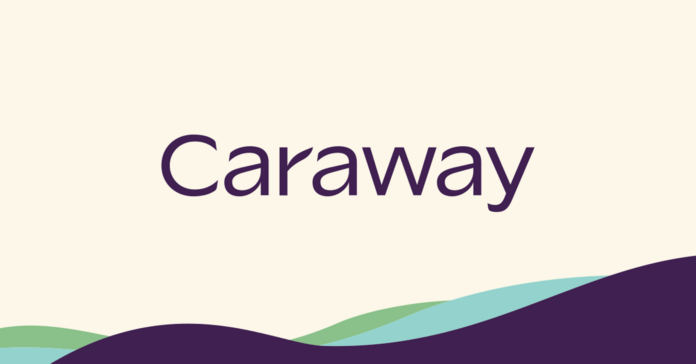Quick and easy access to medical care always it has been a problem around the world, but the magnitude of the problem became evident during the early days of the COVID-19 pandemic. Numerous digital health startups stepped in to address the myriad of issues, and for several quarters, venture capitalists flocked to back them.
Many of those startups are still focused on the same problems that started them, such as telehealth primary care or chat-based therapy, but there is little visibility into customer adoption and acquisition. It's clear that investors aren't so sure either: venture capital investment in digital health dropped to just $3,4 billion in the first quarter of 2023 from a high of $15,1 billion in the second quarter of 2021, according to CB data.
The sector is not dead by any means, but successful founders are doing much more than simply building on their initial standards. A recent fundraising clearly illustrates that venture capitalists continue to find appeal in the sector and the types of startups that can find traction in the current climate.
On Wednesday, digital health startup Caraway said it had raised a $16.8 million Series A led by Maveron. The startup seeks to offer 24/7 access to physical and mental health resources aimed at Gen Z customers, and its integrated healthcare service. It has doctors and nurses who are always available for calls and text chats. It also offers tools that help its clients maintain and respond to security issues. mental health and physical between appointments or when professionals are offline. The application is licensed to operate in 10 US states.
When founder Lori Evans Bernstein founded the company in January 2022, she had just left her previous startup, HealthReveal, which used AI to help people manage chronic diseases. At that moment, Evans Bernstein realized how difficult it could be for people to get treatments when talking to her niece: After 15 weeks of fruitlessly waiting for appointments to treat a reaction to an unknown allergy, her niece simply gave up. defeated
“The deeper I went, the more I couldn't believe the lack of access to care and the experience they had to go through to get the care they needed,” Evans Bernstein said. That story inspired her to start Caraway, with the goal of removing those barriers to accessing medical care.
Evans Bernstein said the app is designed to provide the help users need 24/7. For example, if someone has a panic attack in the middle of the night, they can talk to someone immediately with the app or use their resources and activities on their own to mitigate the symptoms. It also offers a resource for people between appointments with a specialist or regular doctor. This allows you to start getting help right away or take advantage of support to manage conditions or symptoms.
Caraway subscription costs $20 per month. While it does not accept insurance, its licensed professionals can help patients understand what medications to take and where to access them based on their insurance.
There are plenty of startups that want to increase access to care and integrate mental and physical health, and aren't they all trying to build for the coveted Gen Z demographic? But there are a few reasons why Caraway is perceived differently.
First, targeting Gen Z makes a lot of sense given this focus and the online time that demographic spends. Evans Bernstein guided Caraway to be a good substitute for college students struggling to access health care.
People simply waited until they were home during the break to receive care. Caraway could fill that void.
Essentially, Caraway aims to avoid the main challenge of digital health companies being able to retain customers.
Since the digital health category began to grow, it seemed like there were too many companies trying to get people to move all of their healthcare interactions online. While it's sure that some people may want something like that or partially supported, it doesn't seem like it's really a big market.
Evans Bernstein agreed with this perspective and said the company plans to use some of these funds from the Serie A to integrate in-person care later this year. Plus, people who use Caraway with a professional-based medical team will get the benefits of both.
Caraway likely has users who depend on it for most of their healthcare, but its ability to be a complementary source of healthcare, at a cost that is not outrageous, gives it a much larger total addressable market than others in the market. same category.
Of course, Caraway won't be immune to digital health struggles. While the startup was able to raise its Series A round, it will still need to find later-stage sponsors who are still interested in HealthTech and the niche it is targeting.
Additionally, the startup must ensure that it can maintain its 24/7 rapid response access as it scales, or the mission of increasing access will be moot.
Still, after two years of receiving endless offers from identical digital therapy apps and virtual dentist startups (the logistics of the latter still don't make any sense), Caraway stands out noticeably.




